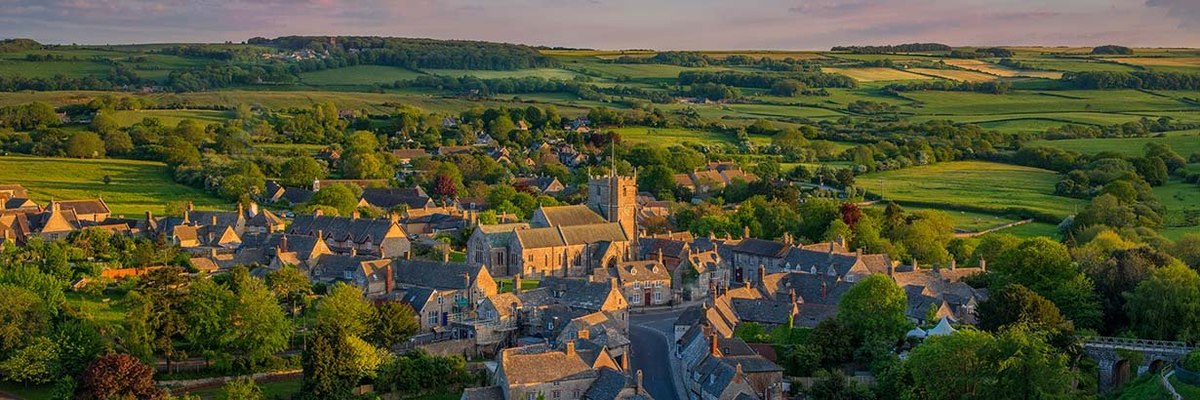As recently as the summer they had been ahead by 19pts
This article is based on a presentation given at a fringe event at the 2022 Conservative party conference
Last week, the Conservative party’s share of the vote dropped dramatically, and personal ratings for the prime minister Liz Truss and her Chancellor Kwasi Kwarteng have also plummeted.
When a party is in steep decline nationally, we generally expect to see them dropping most where their support is strongest – the larger the share of the vote a party has among a certain group or in a certain area, the greater it has to fall.
That is absolutely the case right now for the Conservatives in their rural heartlands. Truss’ party face stern problems battling the Liberal Democrats, and to a lesser extent Labour, in the Blue Wall, disaffected Tory voters in the South Western ‘Celtic Fringe’, and the little publicised but constantly nagging phenomenon of ‘Green gain from Conservative’ in local authority elections and by-elections across the East.
Now, YouGov analysis of vote intention in four surveys over the past two months reveals Conservative support among rural voters is slipping away across the board. We have studied the vote intention of Britons classified by the ONS as living in city, suburban, and rural areas and how this has changed between two recent significant contexts.
As recently as the beginning of August, there was no Labour polling lead to speak of in the national polling. Voters were seemingly beginning to move past ‘partygate’ and were rewarding the Conservatives for getting rid of a leader whom they had come to view as dishonest and unfair. Back then, the Conservatives were polling at around about 43% among rural voters. Labour were on 24%.
A caveat should be made here that these figures are what we call ‘crossbreaks’ of nationally representative polls. The sample sizes are large enough for us to conduct analysis with, but as the polling was not representative of rural voters, the point estimates are subject to a greater margin of error than they would be traditionally in a properly representative poll.
That said, in our latest polling, the Conservatives have dropped all the way to 28% among rural voters, while Labour have surged up to 41%. Almost a complete reversal of the picture we saw in the summer.
With local elections planned in many district and unitary authorities across rural South and Midlands England next year, Conservative struggles in the countryside could become an electoral thorn in Truss’ side come next spring.
Photo: Getty
See the July/August results here and the September results here









